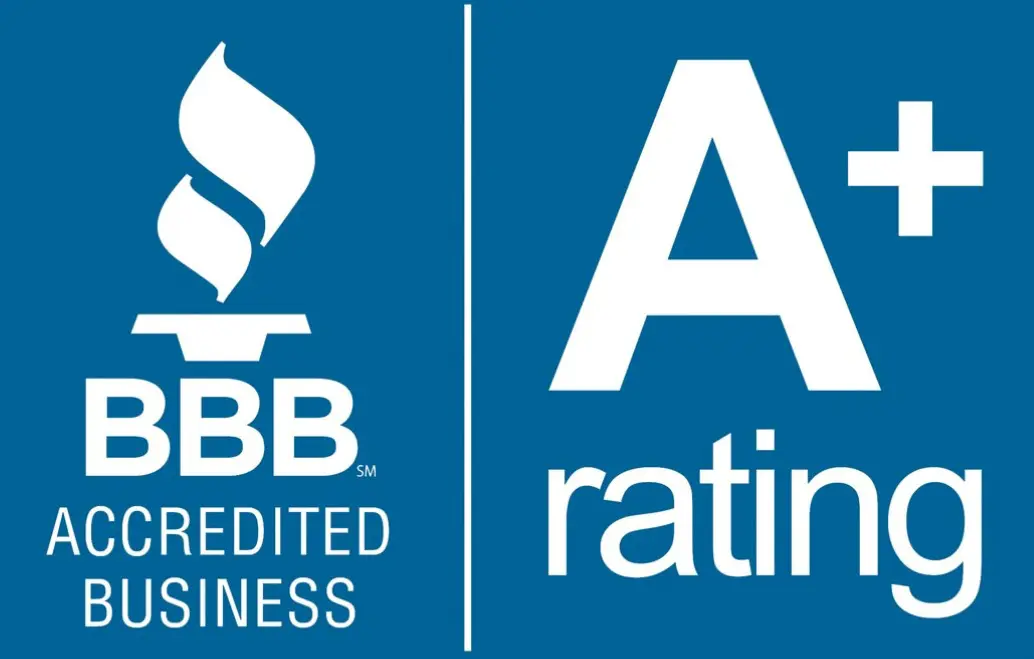Honest Feedback = Better Teams

Let’s be frank: performance conversations can be tough.
Many managers dread delivering critical feedback, fearing confrontation or demotivating their team members. However, avoiding honest feedback does a disservice to everyone. At the end of the day, meaningful, constructive performance conversations are essential for employee growth and, by extension, the growth of your organization.
A little discomfort can spare you and your team serious problems down the road while simultaneously laying the groundwork for better results in the future. To that end, the team at Cisso, Bean & Dutch offers practical steps to make those tough talks more productive for all involved.
Fast Facts & Why Honesty Matters (Even When It’s Hard!)
Before we get into our specific recommendations, it’s important to emphasize that good performance management makes a practical difference and delivers tangible benefits. Data clearly shows that employees who are properly managed through performance reviews will deliver better results in more ways than one.
- Clarity: Employees need to know where they stand and what’s expected of them. Vague feedback leads to confusion, but the opposite is true when it comes to good feedback: In one study of the issue, organizations emphasizing clear, continuous feedback saw 31% lower turnover.
- Growth: Constructive criticism is vital for identifying areas for development and helping employees reach their potential. It won’t just help employees themselves grow, either: according to McKinsey, effective performance management makes companies 2 times more likely to outperform competitors, potentially boosting revenue growth by 30%.
- Communication: Open and honest communication builds trust between managers and employees. By some estimates, 41% of employees surveyed have left a job because they didn’t feel listened to.
- Performance: Addressing performance issues directly is necessary for improving individual and team results, and many employees actually want feedback: according to PricewaterhouseCoopers, 60% of employees want it daily or weekly, rising to 72% for those under 30.
Steps to More Effective Performance Conversations:
- Prepare, Prepare, Prepare:
- Gather Specific Examples: Don’t rely on generalities. Collect concrete examples of positive contributions and areas needing improvement. Use data where possible.
- Define the Goal: What is the key message you need to convey? What outcome do you want from the conversation?
- Choose the Right Setting: Find a private, comfortable space and schedule dedicated time – don’t rush it or have it in passing.
- Set a Constructive Tone:
- Focus on Growth: Frame the conversation around development and future improvement, not just past mistakes.
- Be Empathetic: Acknowledge the employee’s perspective and efforts. Start by highlighting strengths or recent successes, if genuine.
- Be Direct, Yet Kind: Avoid ambiguity, but deliver feedback respectfully.
- Focus on Behavior, Not Personality:
- Use “I” Statements: “I noticed…” is better than “You always…”
- Describe Specific Actions: Instead of saying “You’re unreliable,” try “The report was submitted two days past the deadline. Let’s discuss what happened.” Focus on observable actions and their impact.
- Encourage Dialogue (Make it Two-Way):
- Ask Open-Ended Questions: “What are your thoughts on this project?” “How do you feel about your performance in this area?” “What support do you need?”
- Listen Actively: Pay attention to the employee’s perspective, ask clarifying questions, and show you understand their viewpoint.
- Collaborate on Solutions & Next Steps:
- Focus on the Future: Shift the conversation towards solutions and future goals.
- Develop an Action Plan: Agree on specific, measurable steps for improvement and identify necessary resources or support.
- Follow Up:
- Document: Briefly document the key points discussed and agreed-upon actions.
- Check In: Schedule regular, informal check-ins to monitor progress and provide ongoing support.
Honest performance conversations are a skill that takes practice. By preparing thoroughly, focusing on specific behaviors, encouraging dialogue, and concentrating on future growth, you can transform these potentially difficult discussions into powerful opportunities for development and stronger team dynamics. Investing in these conversations is investing in your team’s success.
Questions? Concerns? Consider our Human Resources Consulting Services! We have an established track record of helping businesses implement “best-in-class” programs, and we’d be delighted to step in and help your team reach its full potential. Contact us today to learn more!

